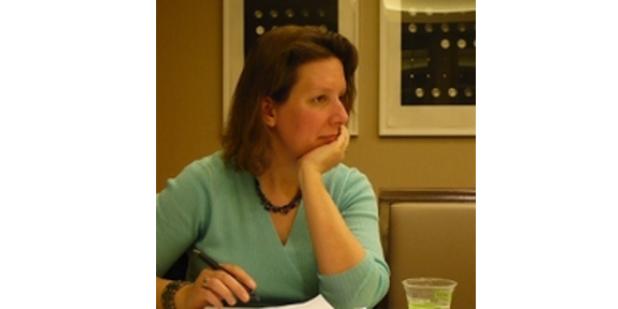Happy Lunar New Year from the USC US-China Institute!
The Sovereignty of the Dead and the Disorder of War in Twentieth Century China
Professor Rebecca Nedostup of Brown University gives a talk on the disorder of war in 20th century China.
When:
May 14, 2015 4:00pm to 5:30pm
Where

Alongside the rise of new state and transnational mechanisms to aid the enormous numbers of displaced and disinherited victims of mass violence and disaster during the twentieth century, other actors continued a most basic kind of social ordering: carrying out the proper burial of the dead. As warfare became more politicized, lineages, native-place associations, religious groups and charities competed over the dead and the living with state and global attempts to mobilize and utilize refugees. At the conclusion of the Second Sino-Japanese War (1937-1945), private citizens expended enormous efforts to repatriate the known, lost dead to their original hometowns, or to rebuild community through the rewriting of genealogies. During a time when the central government floundered to meet its political promises, and the conclusion of one war hastily gave way to the rise of another, socio-religious organizations and individuals worked to re-establish moral and cosmic order, thereby enacting the most basic – and for many, most critical -- meaning of shanhou.
Rebecca Nedostup received her PhD in modern Chinese history from Columbia University in 2001, and then taught at Purdue University and Boston College before coming to Brown in 2012. She works at the intersection of politics, culture and society during the twentieth century in China and Taiwan. Currently she is writing the monograph Living and Dying in the Long War: China and Taiwan, 1937-1959, and is involved in the collaborative project "The Social Lives of Dead Bodies in Modern China". She is also interested in comparative, theoretical, and methodological issues surrounding ritual and spatial analysis and the relationship of nationalism, religion and modernity. Her main research sites to this point have been Nanjing and other parts of Jiangsu; Chongqing; Shanghai; and various places in Taiwan.
Cost:
Free and Open to the Public
Event Website URL:
Featured Articles
January 4, 2024
We note the passing of many prominent individuals who played some role in U.S.-China affairs, whether in politics, economics or in helping people in one place understand the other.
Events
Thursday, March 21, 2024 - 4:00pm PST
Ying Zhu looks at new developments for Chinese and global streaming services.
Tuesday, March 19, 2024 - 4:00pm
David Zweig examines China's talent recruitment efforts, particularly towards those scientists and engineers who left China for further study. U.S. universities, labs and companies have long brought in talent from China. Are such people still welcome?






